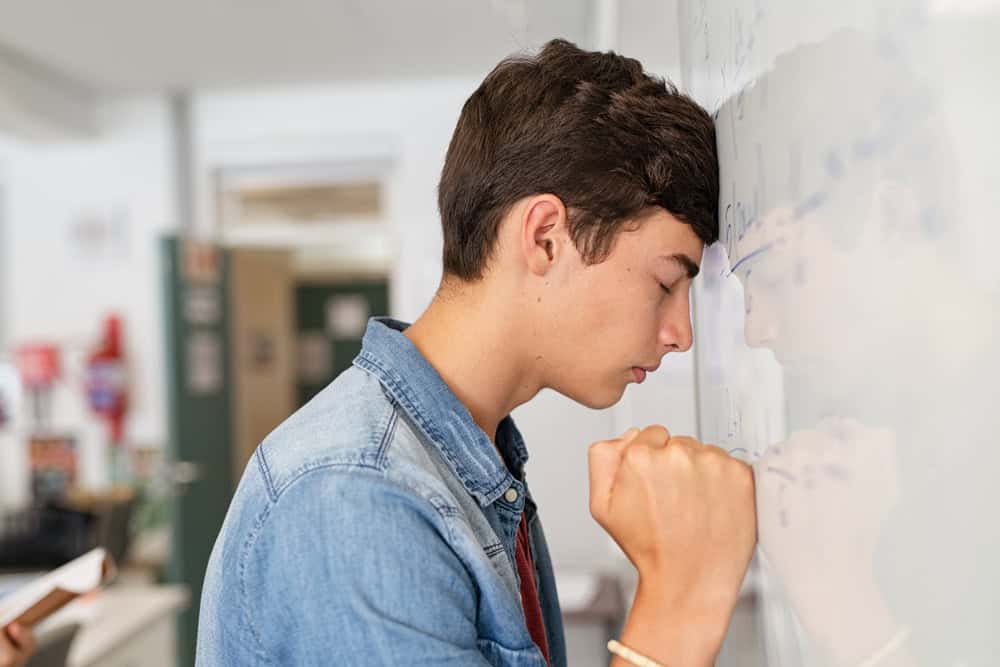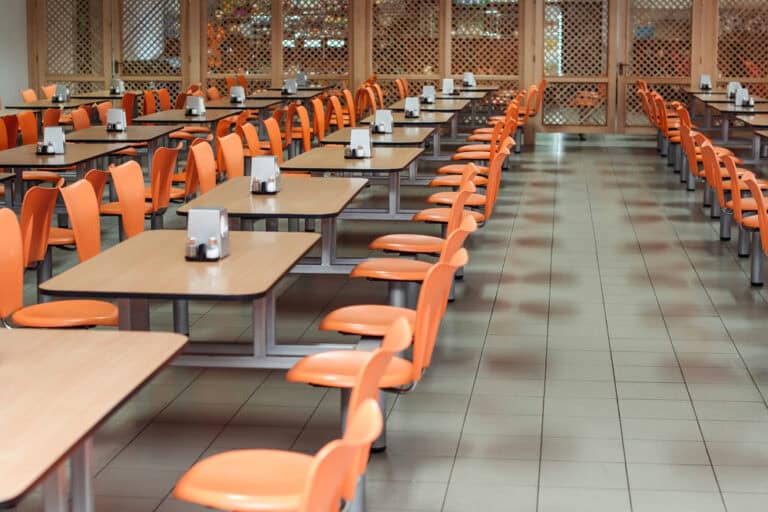The Long Decline in Academic Progress Results From One Thing – Social Psychologist Explains
Social psychologist Jon Haidt discussed the decline in academic achievements despite educational advancements. The psychologist noted that a decline has been noticed since 2012, which correlates with the smartphone era.
Haidt spoke to Rogan

Jon Haidt, an author, social psychologist, and professor of ethical leadership at the New York University Stern School of Business, discussed the challenges of modern society on Joe Rogan’s podcast. Rogan shared his fears about social media, and Haidt did not offer comfort. Instead, the psychologist said that he shares the same concerns.
The decline in academic achievements

Test scores have been falling for years, with many thinking it was pandemic-related. However, the decline began as soon as smartphones entered our lives. And it is not just children who are being affected: young adults also struggle, and 40 percent of those surveyed by Statista believed they were already addicted to social media.
Limiting phone use in schools

Haidt asserted that one solution could be using phone lockers while children are at school. This would allow them to be more present in classes and get involved with other children. This real-life human interaction could improve their motivation and make them generally happier.
The most critical period in development

The author and psychologist argued that adolescence is a critical period for the brain’s development, and with constant engagement on social media, preteens, and teens risk a decline in cognitive function, in addition to plummeting academic performances. Haidt added that by limiting their time on social media, people could be preserving children’s innocence a bit longer.
The future is looking gloomy

Haidt is worried about the future of AI and the expanding virtual world, explaining that evolving technology could lead us to leave humanity and step into uncharted waters. Social media is only part of the problem, but it appears to impact significantly the youngest ones and not positively.
Like sending children to Mars

In his op-ed for the Guardian, Haidt compared social media and parents’ responsibilities to sending a child to Mars. He asked parents whether they would send their children to Mars if a billionaire told them to do so, knowing there’s radiation, low gravity, and plenty of unknown. Of course, parents would not allow their children to take this trip, but as Haidt wondered, what if the company did not require proof of parental consent?
Kids are on their phones more than ever

In the UK, over 90 percent of 14-year-old children use smartphones. What’s even worse is that phone use, especially social media, is increasing worldwide. Parents are struggling to regulate screen time and social media content, and many have noticed kids having a harder time concentrating.
The use of smartphones and academic declines

Central Michigan University found in 2019 links between extreme phone use and poor academic performance among teenagers. The study included over 600 students. Sarah Domoff, a clinical psychologist at the CMU Center for Children, Families, and Communities, concluded that addictive phone use scores were associated with poorer academic achievement, such as lower grades.
Things only worsened due to the pandemic

The 2019 data showed that over half of preteens and teens spend four or more hours daily using mobile devices. But this number is now much higher, with children using phones for over five hours on average. The pandemic made adults turn to social networks for support, but it was even harder for younger ones, whose lives were shaken to the core.
Lowering grades

A study by Rutgers University-New Brunswick found that smartphones seem to be the main reason children get lower grades now compared to a decade ago. The reason is simple: kids use the Internet to search for answers to their homework, so instead of being a proper exercise, it does nothing to help them with exams.
Digital distraction

The 2022 Program for International Student Assessment found that most US teens are distracted while using their phones. Interestingly, about 54 percent said they get distracted by other students using those resources, meaning these digital interruptions are easily transmittable.
Finding balance

Aside from bad grades, the youth mental health crisis brought on by social media has been well observed. Finding a balance would mean taking what’s good from the digital era and shielding children from its opposing sides. Many are quick to judge parents, but this is new territory, and some people suggested there should be more outside “distractions” like ping pong tables or creating a “family phone” to keep children safer, at least a bit longer.







